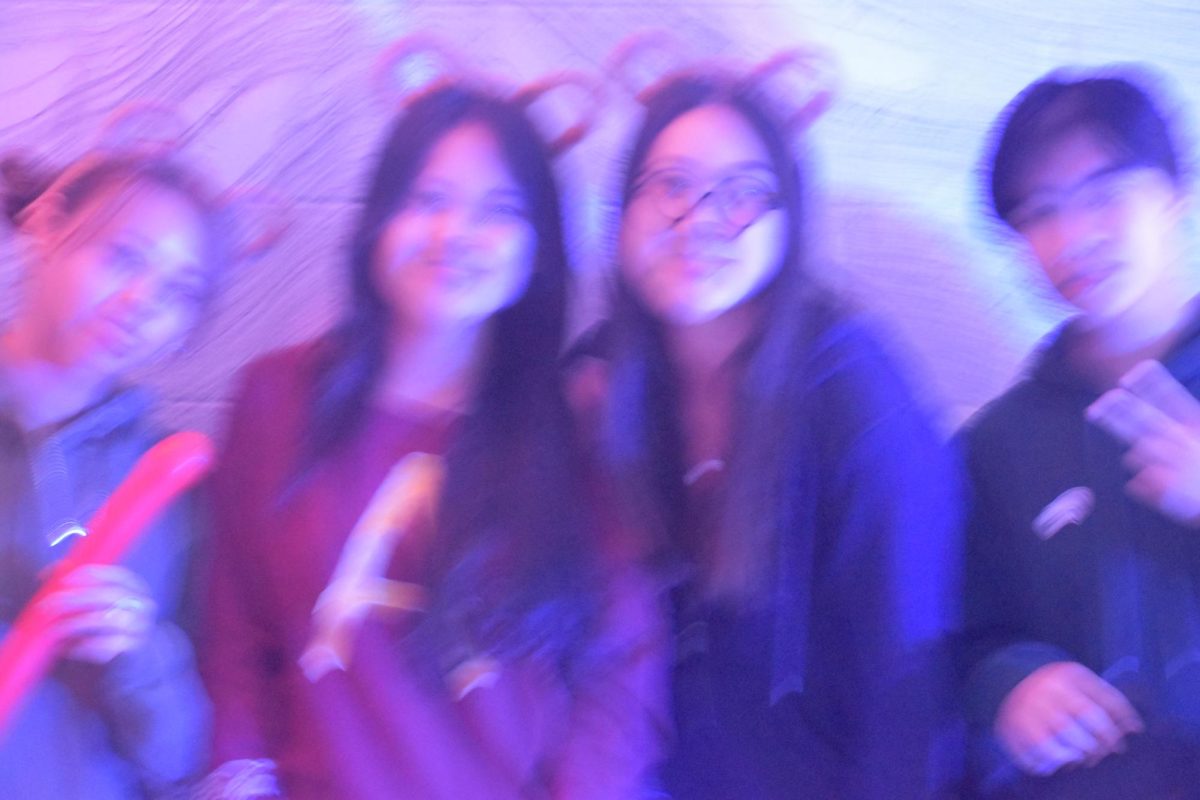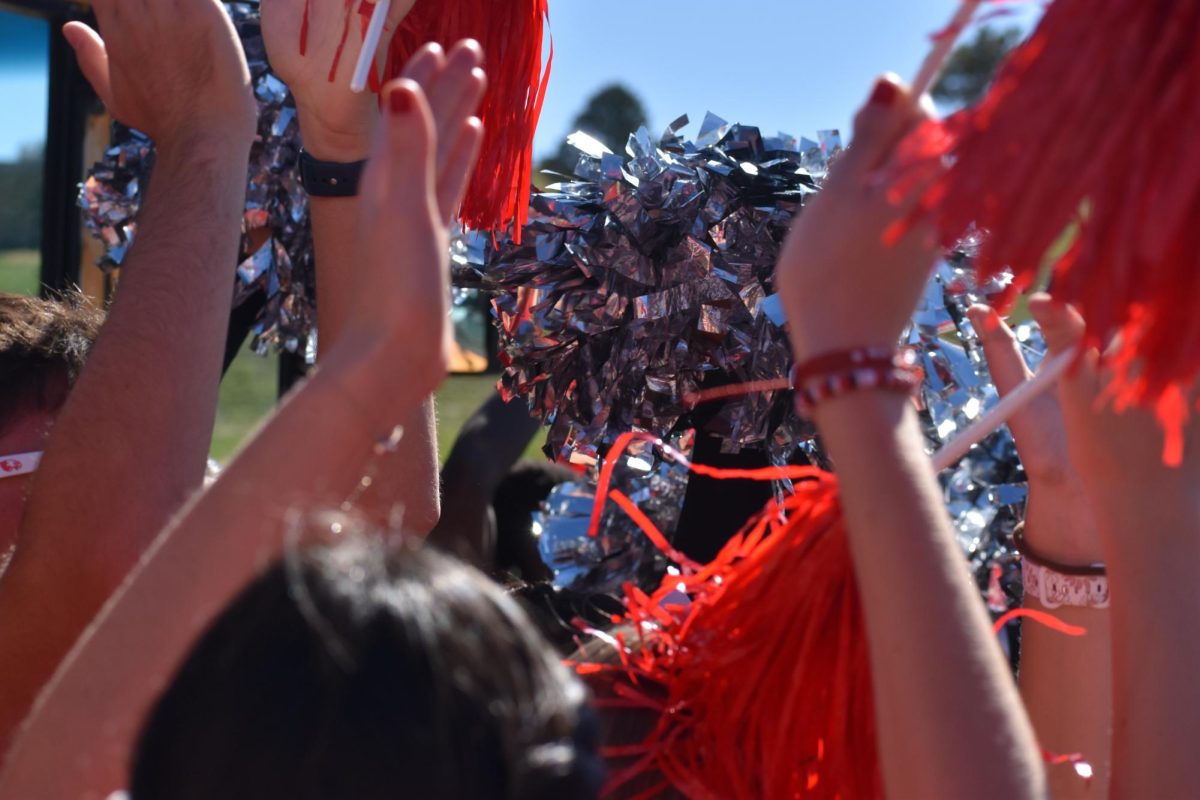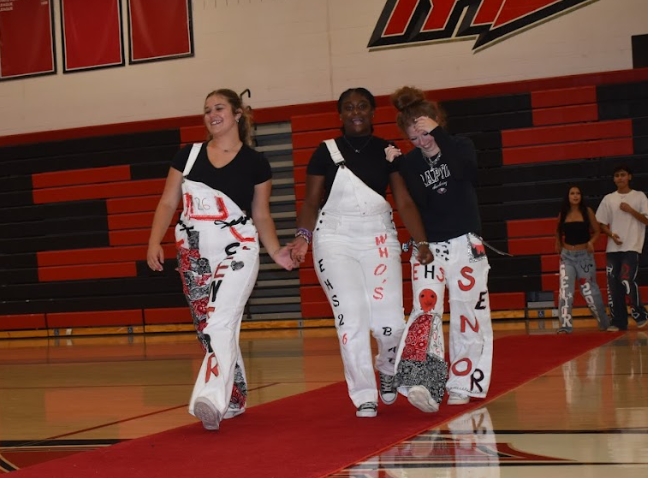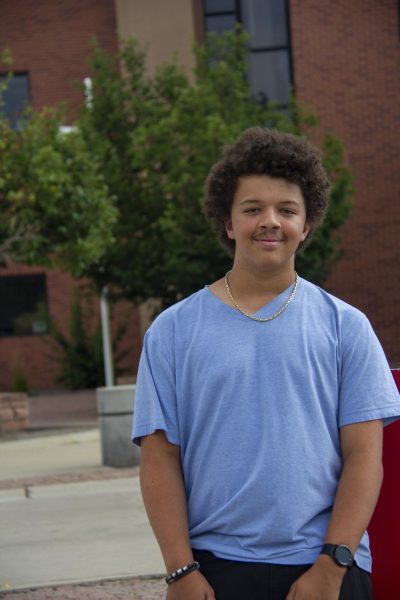
Artificial intelligence (AI) was once a fantastical idea in the minds of writers and artists. That’s no longer the case. Generative AI is quickly becoming a normal part of life, with programs such as ChatGPT and DALL-E available to generate text and images, respectively, for the masses.
The new technology has sparked debate about the ethics of its use — is generative AI too reliant on pre-existing work? Can AI be a force for good when used responsibly? Can it be used responsibly at all? These are the questions being asked everywhere from film studios in Hollywood to classrooms here at Eaglecrest, and the answers to these questions remain a source of disagreement.
Like any school, the biggest concern about AI at Eaglecrest is an obvious one: plagiarism. It’s becoming increasingly common to enter an essay prompt into ChatGPT and get a decent essay out of it — and unlike other forms of plagiarism, using AI is much harder to trace.
That doesn’t mean that combating AI is a completely fruitless endeavor for English teachers. AI detection tools are also becoming increasingly common, but aren’t always reliable. After plugging nine different ChatGPT-generated passages into eight popular AI detection tools, only one (Copyleaks) definitively said that all passages were AI-generated — similarly, this article, which was written by a human, was detected as possibly AI-generated by two of these companies (Copyleaks and ZeroGPT).

But plagiarism isn’t all that AI is good for. “Just like any technology, I think it has its pros and its cons,” chemistry teacher Cassandra Weason said. “I think there’s just as many positive things that can come of [AI].”
In day-to-day life, AI is already being used as an alternative to search engines like Google; one example Weason cited was for a chocolate chip cookie recipe. In academics, AI has been used as a study tool to help learn about unfamiliar topics, although ChatGPT’s reliance on misinformation makes it a less than ideal tool for this task.
Whether these pros outweigh the cons is still up to debate. New York City Public Schools, the country’s largest school district, briefly banned ChatGPT, while teachers at Jeffco Public Schools are embracing the program for new and innovative lessons.
The Cherry Creek School District has been officially silent about AI, leaving individual schools and departments to settle the issue.
AI is only getting bigger, and the AI debate is far from over. How it will be allowed to be used in the future is anyone’s guess, but there’s one thing that’s clear: love it or hate it, AI isn’t going anywhere.







